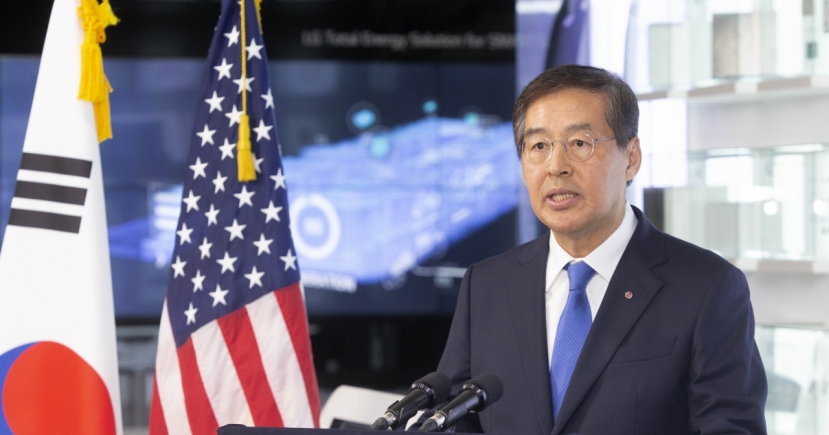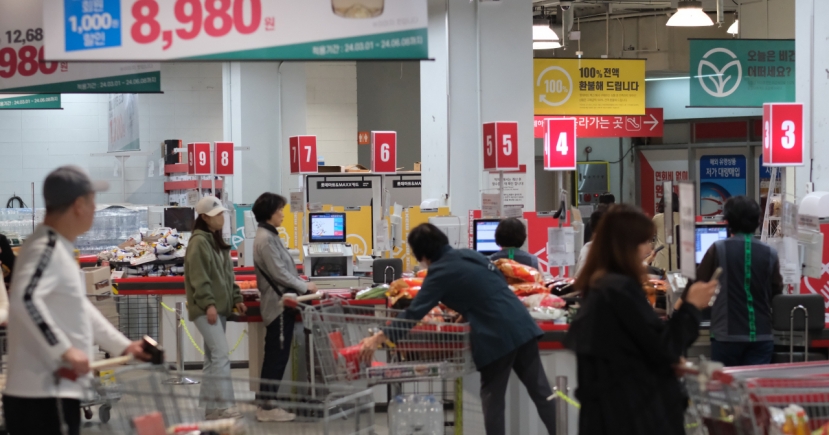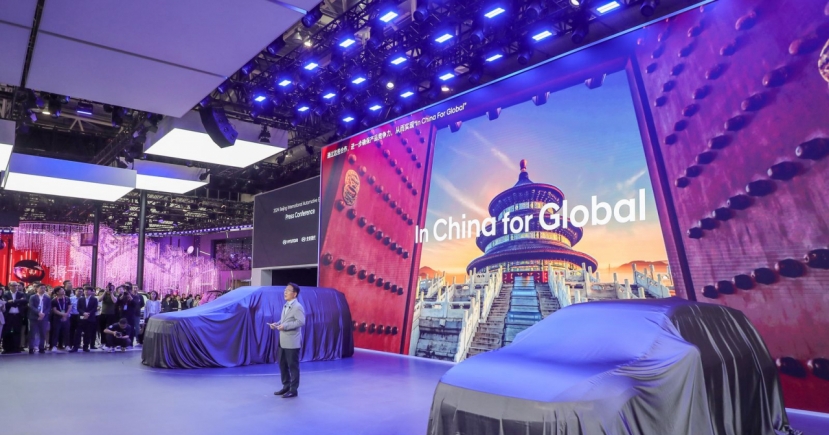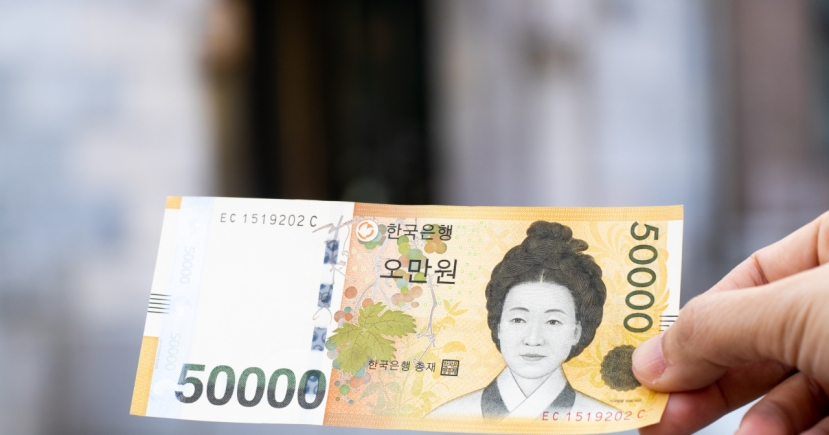Samsung
Samsung seeks alternatives to Japan-made chemicals
South Korean chipmaker Samsung Electronics has started testing out hydrogen fluoride, or etching gas, made by companies based in countries other than Japan, sources said July 17.
Japanese news outlet the Nikkei Asian Review said the Korean tech giant is in touch with suppliers elsewhere -- most likely from China, Taiwan and Korea.
 |
“Samsung makes it a point to consider all available options, and chemicals from other manufacturers can be one of those options,” a Samsung official said.
He declined to identify potential partners by name.
Hydrogen fluoride, a fast-acting acid, is a chemical that is considered essential to the production of chips, as it is used both to clean chips and to etch circuits onto silicon wafers. Korean chipmakers, including Samsung and SK hynix, rely heavily on imports from Japan for this chemical, although they also source small quantities from China, Taiwan and Korea.
But the Japanese-made chemical has been used for years and is recognized for its high quality. The etching gas from the alternative source is still in the testing phase and is not an adequate replacement in the short run, according to market watchers. It is expected to take at least six months to complete the testing process.
The Japanese government has removed Korea from a “whitelist” under which it grants favored trade partners priority in carrying out streamlined export procedures. As a result, it is tightening regulations on the export of three types of chemicals -- photoresists, hydrogen fluoride and fluorine polyimide, all of which are vital for the production of semiconductors or OLED displays.
Samsung is the world’s largest producer of DRAM and NAND memory chips, as well as OLED displays, while the DRAM business is the mainstay of SK hynix.
If the restrictions continue, Samsung’s plans to manufacture next-generation semiconductors, such as those based on 7-nanometer chip fabrication, could be hindered.
The 7-nano chips are made with a technology called extreme ultraviolet lithography, which requires the use of photoresists.
“Samsung is forecast to mass-produce 7-nano chips from the latter half of this year, and Japanese firm JSR seems to be the main supplier of photoresists,” said Lee Mi-hye, a researcher at the Export-Import Bank of Korea, adding, “JSR’s photoresists, produced in Belgium, are not subject to the current restrictions for now, but the foreign branches of Japanese firms could be regulated later.”
By Kim Young-won (wone0102@heraldcorp.com)






![[KH Explains] Korean shipbuilding stocks rally: Real growth or bubble?](http://res.heraldm.com/phpwas/restmb_idxmake.php?idx=151&simg=/content/image/2024/04/25/20240425050656_0.jpg)
![[Hello India] Hyundai Motor vows to boost 'clean mobility' in India](http://res.heraldm.com/phpwas/restmb_idxmake.php?idx=151&simg=/content/image/2024/04/25/20240425050672_0.jpg)
